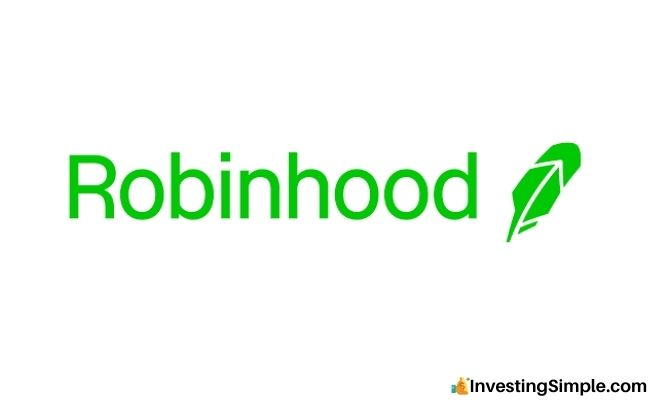





Stocks can be delisted for several reasons. Delisting refers to the removal of a stock from a major exchange like the NYSE or Nasdaq. This can occur if a company fails to meet the listing requirements, which often include factors such as minimum share price, market capitalization, and financial reporting standards. Additionally, companies may choose to initiate the delisting of their stock voluntarily, perhaps due to strategic reasons or financial difficulties.
Recently, the NYSE proposed a rule that would allow for discretionary delisting based on qualitative factors, such as changes in management, board of directors, voting power, ownership, and financial structure. This means the NYSE can consider a broad range of factors when deciding whether a company remains suitable for listing, not just quantitative standards like initial listing requirements.
If you own a stock or ETF in your Robinhood portfolio that gets delisted, here is what will happen. Robinhood supports trading of fractional shares for National Market System (NMS) securities listed on national issues exchanges like the Nasdaq and NYSE but not for stocks traded over the counter (OTC). If a stock is delisted, you may need to find stock quotes elsewhere to determine the execution price for any sell orders you choose to make. You can often sell the shares you own, but you cannot open new positions in that security on Robinhood.
Example Scenario: Companies like 23andMe Holding Co. and Metal Sky Star Acquisition Corporation have been delisted from Nasdaq due to suspension of trading activities. This illustrates how significant changes in a company's operations or trading status can lead to delisting.
New to Robinhood? Check out my full tutorial below!
Delisting is the process by which a stock is removed from a major exchange like the NYSE or Nasdaq. This decision is typically made by the exchange or the company itself, not by brokerages like Robinhood. Once a stock is delisted, you will need to find stock quotes elsewhere to determine the price at which you can sell your shares, as Robinhood does not provide quotes for over-the-counter (OTC) markets.
Delisting refers to the removal of a stock from a major exchange. Reverse stock splits are corporate actions that reduce the number of outstanding shares, often used to boost share prices and avoid delisting. OTC markets are where securities trade outside of major exchanges, often after delisting.
Generally, once a stock is delisted, you can't open new positions in that security on Robinhood. However, you may still be able to close your existing position, allowing you to sell the shares you own. You will need to find a price quote from a source outside of Robinhood, as they don't offer quotes on OTC exchanges.
If you want to learn more about Robinhood, check out our full beginner's guide about how Robinhood works here.